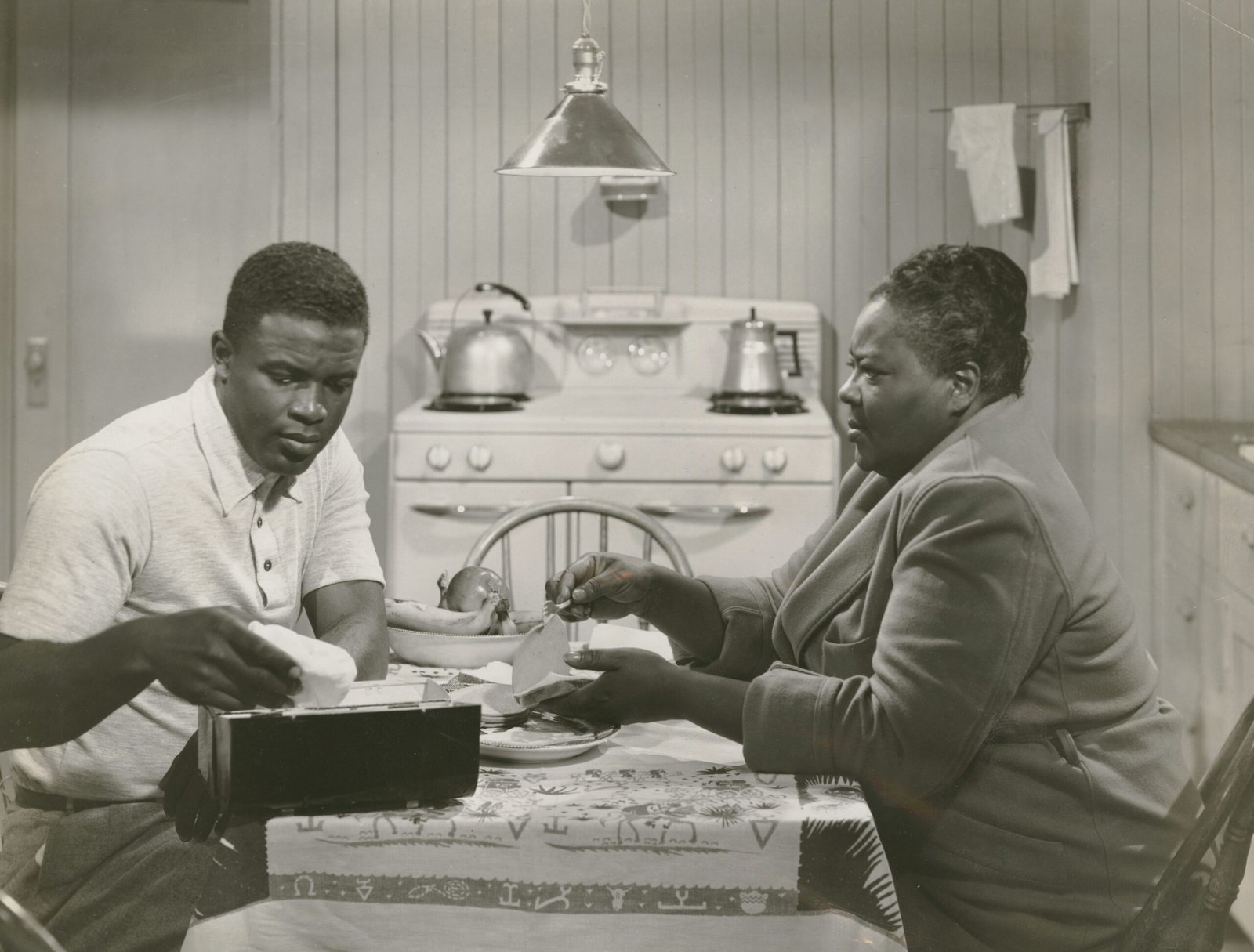The Historic Moment: Jackie Robinson Breaks MLB Color Barrier
In 1947, Major League Baseball witnessed a groundbreaking event that would forever change the face of the sport. On the 15th of April in that year, Jackie Robinson made history by becoming the first African American player to compete in the MLB in the modern era. This momentous occasion not only had a profound impact on the world of sports but also played a significant role in advancing the cause of civil rights in America.
Jackie Robinson: A Trailblazer in Sports
Jackie Robinson’s journey to breaking the MLB color barrier was not an easy one. Born on January 31, 1919, in Cairo, Georgia, Robinson grew up in a racially segregated society where opportunities for African Americans were limited. Despite facing numerous challenges, Robinson excelled in multiple sports, including football, basketball, and track and field, during his high school and college years.
Robinson’s athletic prowess caught the attention of Branch Rickey, the President and General Manager of the Brooklyn Dodgers. Rickey recognized Robinson’s talent and saw an opportunity to challenge the prevailing racial prejudices in professional sports. He signed Robinson to the Dodgers’ minor league affiliate, the Montreal Royals, in 1945, paving the way for his eventual promotion to the major leagues.
The Debut: A Historic Day in Sports
Finally, on April 15, 1947, Jackie Robinson made his official debut for the Brooklyn Dodgers, forever etching his name in the annals of sports history. Facing the Boston Braves at Ebbets Field, Robinson stepped onto the field as the first African American to play in the modern era of Major League Baseball.
The significance of Robinson’s debut cannot be overstated. His presence on the field challenged the deeply ingrained racial prejudices of the time and served as a catalyst for change. Robinson’s exceptional performance that day, including a hit and a run scored, silenced many of his critics and proved that African American athletes were just as capable as their white counterparts.
The Impact: Advancing Civil Rights
Jackie Robinson’s courage and resilience in the face of racial discrimination had far-reaching effects beyond the realm of sports. His breakthrough not only opened doors for other African American athletes but also inspired hope and ignited conversations about racial equality in America.
Robinson’s success on the baseball field played a crucial role in dismantling the barriers of segregation that permeated society. His achievements helped pave the way for the Civil Rights Movement of the 1950s and 1960s, which sought to end racial segregation and discrimination in all aspects of American life.
Robinson’s impact extended beyond the baseball diamond. He used his platform to advocate for racial equality and social justice, becoming a prominent figure in the fight against discrimination. Through his actions and words, Robinson inspired countless individuals and became a symbol of hope and progress during a time of great social change.
Legacy and Recognition
Jackie Robinson’s contributions to baseball and civil rights have not gone unnoticed. In 1962, he was inducted into the Baseball Hall of Fame, cementing his place among the game’s greatest players. The legacy of his achievements continues to be celebrated every year on April 15th, known as Jackie Robinson Day, when all MLB players wear his iconic number 42 in his honor.
Furthermore, Robinson’s impact on society has been recognized beyond the realm of sports. In 2004, he was posthumously awarded the Congressional Gold Medal, the highest civilian honor bestowed by the United States Congress, for his significant contributions to civil rights and his role in breaking the MLB color barrier.
Jackie Robinson’s courageous stand against racial discrimination in 1947 forever changed the landscape of American sports and paved the way for a more inclusive society. His legacy serves as a reminder of the power of individuals to challenge injustice and inspire change, both on and off the field.

